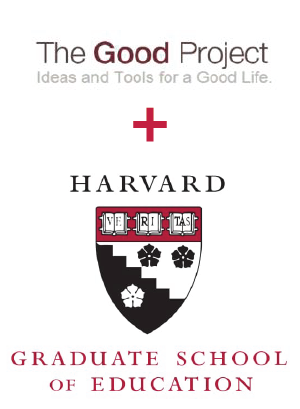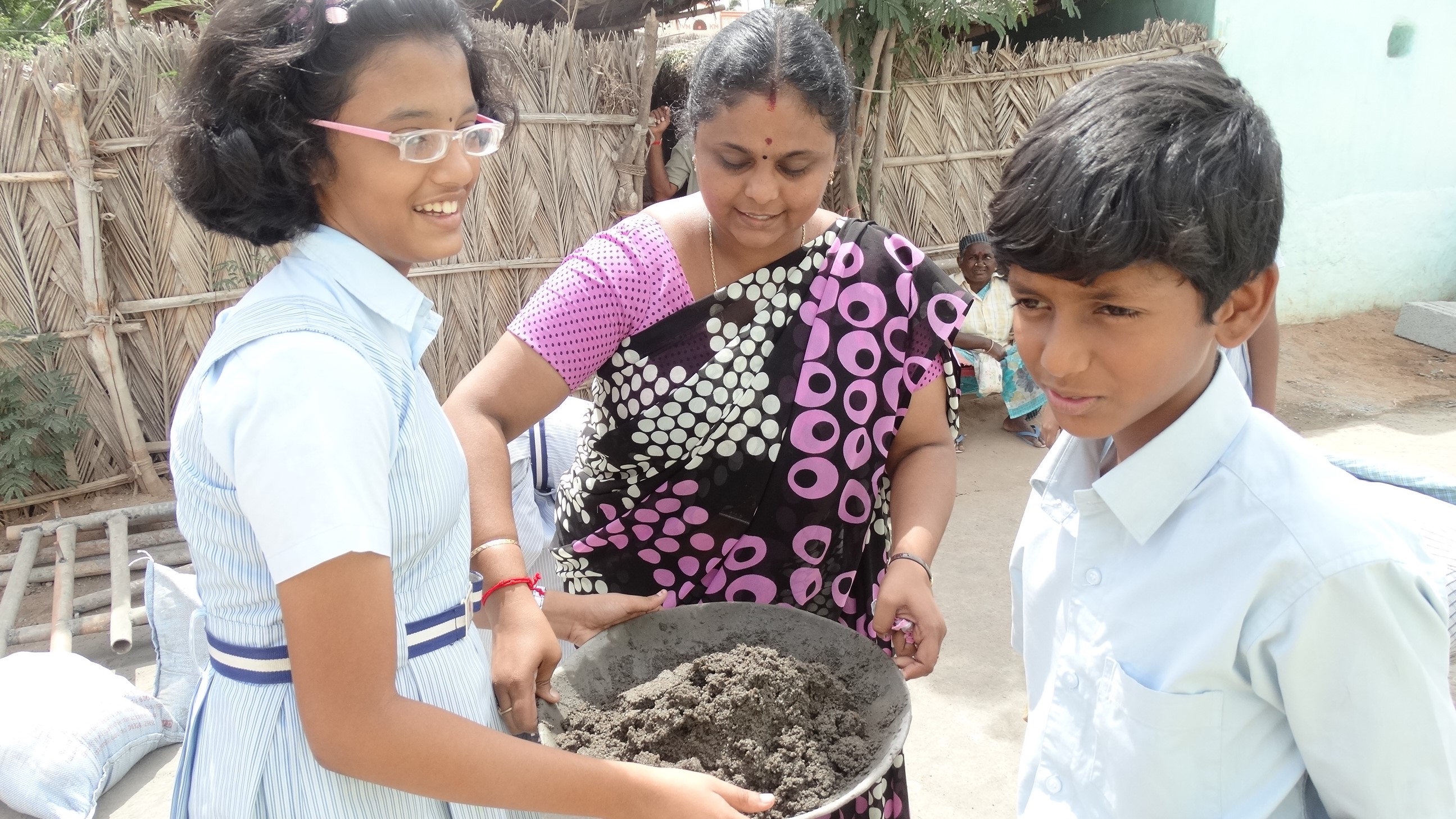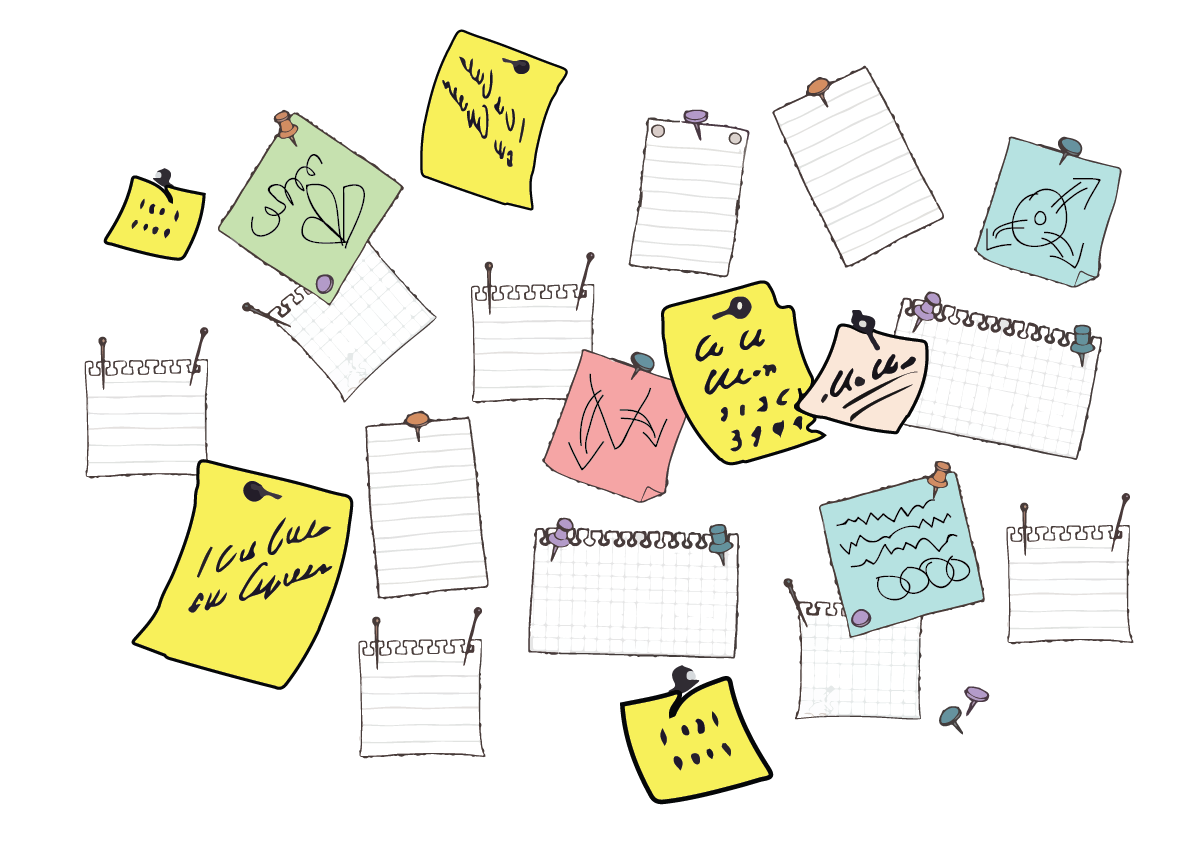Design For Change has conducted continuous studies to evaluate the impact of the FIDS approach on the holistic development of children. Along with The GoodWork Project, a research initiative under Project Zero at Harvard Graduate School of Education, we have conducted research and studied DFC’s impact on developing empathy and problem solving.
Research conducted by The GoodWork Project has reaffirmed the positive impact of the FIDS approach on the development of skills like collaboration, creative thinking, empathy.

“Design for Change (DFC) is one of the most exciting and important educational programs that I know of, with the potential for impact in numerous countries around the globe. To pin down that impact, our research group at Harvard Project Zero has worked closely with DFC educators in India to develop measures of various educational goals. Our first wave of studies documents clear improvements in student empathy as well as challenges in enhancing problem solving abilities. Only on the basis of such programmatic research will it be possible to continually improve DFC— which should be the model for all educational innovations. ”

Dr. Howard Gardner
Harvard Graduate School of EducationThe DFC curriculum provides students with exposure to important student development areas such as empathetic thinking, problem-solving, confidence, etc. in the context of DFC’s principles
The DFC curriculum is inclusive and can be implemented with success in any context to build empathy in children

Since 2009, Design for Change has enabled over 14,000 stories of change and impacted over 5,60,000 children through the I CAN School Challenge and other DFC India programs.
Children have worked on solving a multitude of challenges around them, ranging from improving school infrastructure, to eradicating social evils like child marriage. Their work has also contributed to achieving the Sustainable Development Goals!
An in-depth case study analysis was conducted in Tamil Nadu using the maximum variation sampling strategy measured the impact of the DFC Program on students, teachers and parents. The evaluation has clearly shown that the DFC program has a significant impact on all stakeholders and brings about a sustainable, long-term positive change in society.

Feel-Imagine-Do-Share is a transferrable model
Participants demonstrate higher creative skills
Students learn 21st century skills and attitudes
Teacher involvement improves
Parental perceptions become positive
Community behaviour changes
Significant sustainable positive change occurs
DFC India has been working tirelessly to bring the I CAN Mindset to as many children as possible! We will continue our efforts to reach out to more and more children across the country.
If you would like to partner with us or support our work, please write to us at india@dfcworld.com